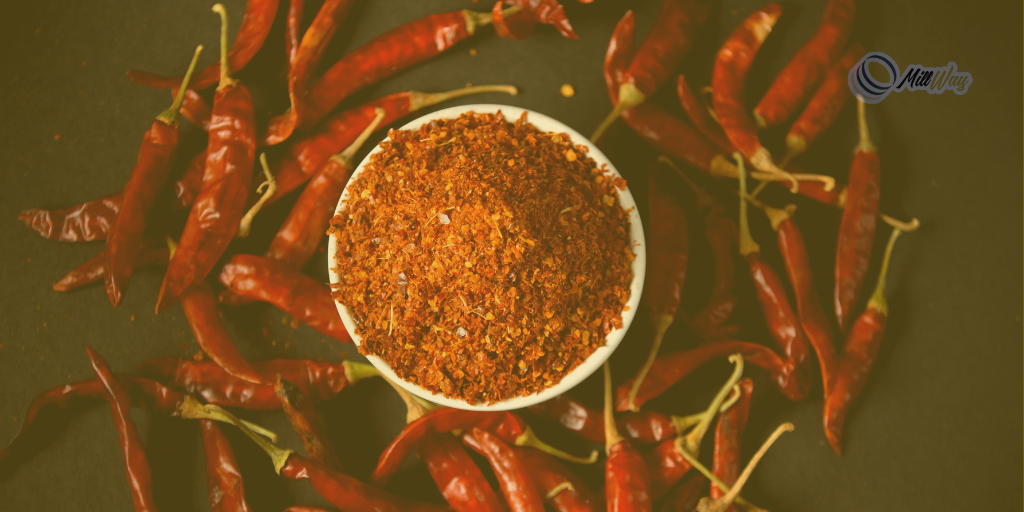
If you're a fan of spicy food, congratulations! A love for spicy dishes not only satisfies your taste buds but also provides significant long-term health benefits—even said to prolong lifespan. Myth? Not at all. This is backed by science.
Check out the full explanation below!
A large-scale study published in the journal The BMJ (British Medical Journal) in 2015 investigated the eating habits of more than 500,000 adults in China over a 7-year period. The results were quite surprising:
🔍 People who consumed spicy food 3–7 times per week had a 14% lower risk of death compared to those who ate spicy food less than once a week.
In other words, the more frequently a person eats spicy food (in moderation), the greater their chances of living longer.
The main key to the health benefits of spicy food lies in a compound called capsaicin. This is what gives chili peppers and certain spices their hot sensation.
Capsaicin stimulates the body to undergo thermogenesis—the process of burning energy to produce heat. This helps the body burn calories more quickly, aiding in weight loss or maintaining a healthy weight.
A study in Appetite (2017) stated that regular consumption of capsaicin can increase energy expenditure by 50–70 calories per day.
Spicy food has positive effects on the cardiovascular system. Research shows that capsaicin can:
According to the American Chemical Society, regular consumption of chili can reduce the risk of coronary heart disease.
Chronic inflammation is at the root of many serious diseases, including cancer, diabetes, and Alzheimer’s. Capsaicin acts as a natural anti-inflammatory, helping to reduce the risk of these conditions.
Chilies also contain powerful antioxidants such as vitamin C, beta-carotene, and flavonoids that protect cells from free radical damage.
Chili peppers are high in vitamin C, which strengthens the immune system, helps the body fight infections, and speeds up the healing process of wounds and minor illnesses like colds.
When we eat spicy food, the body responds to the “pain” from capsaicin by releasing endorphins and dopamine, two hormones known as feel-good hormones.
The result? You may feel happier, calmer, and more focused. Spicy food is even said to help combat mild depression.
Despite the many benefits, spicy food should still be consumed in moderation. Excessive spicy food intake can cause:
Tips from Dr. William Li, nutrition expert and author of Eat to Beat Disease, include:
“Start slowly. Add spices or chili gradually to your daily meals. It’s not a sprint, it’s a long-term journey.”
Spicy food is more than just a taste preference. With proper consumption, it can be part of a healthy lifestyle that helps you:
So from now on, don’t hesitate to add a little spice to your life!
#Millway #MillenialWay #InfoMillway #BalancedLiving #HealthySpicyFood #CapsaicinPower #NaturalLongevity
